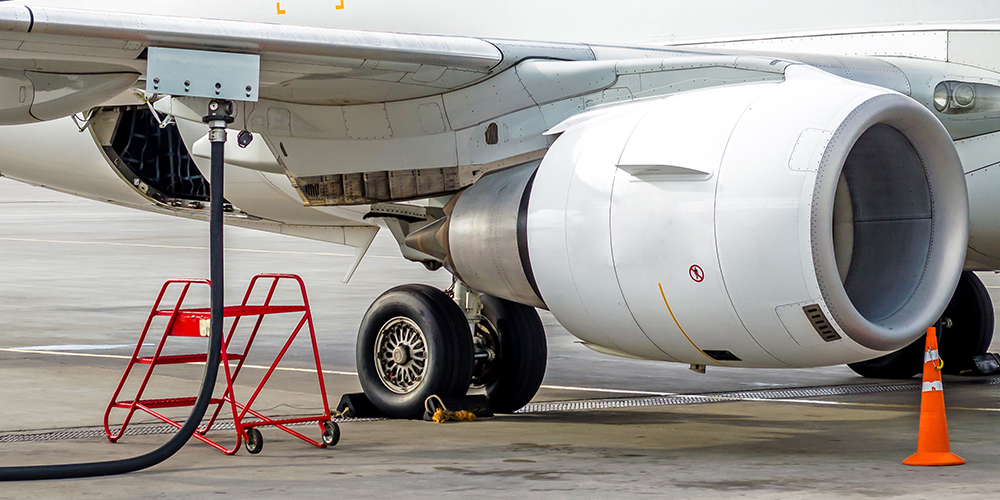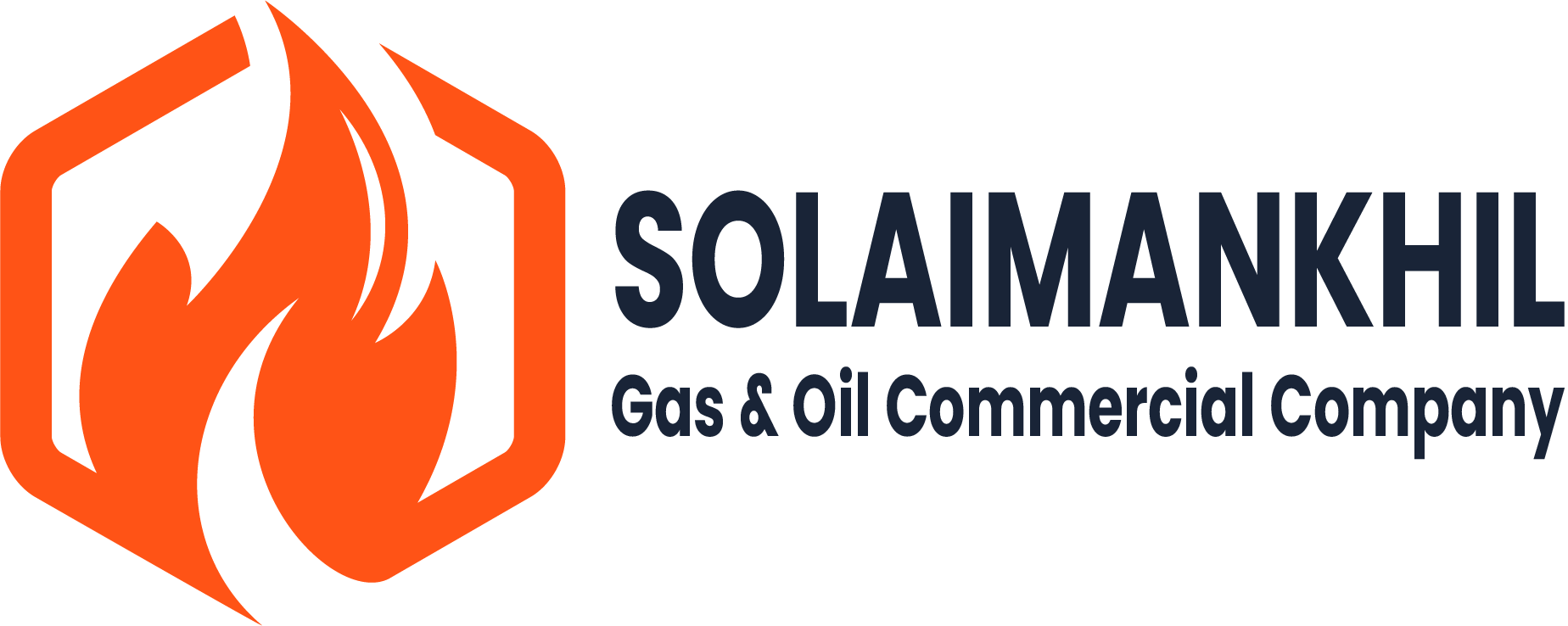
Aviation Fuel
Aviation fuel, also known as avtur, avgas, and aero fuel, is a specialized gasoline or naphtha-like petroleum product that is used to power aircraft engines. The most commonly used aviation fuels provide a high volume of clean, efficient energy per unit volume. The most widely used aviation fuels are Jet A, Jet A-1, and 100 octane low lead aviation gasoline. Jet fuels have a higher flash point and greater flame resistance than traditional motor gasoline to provide a higher degree of safety on aircraft.
Types:
- Jet A/Jet A-1 fuel – Most common kerosene-based fuel for commercial and military aircraft.
- Jet B a higher flash point and freeze point than Jet A.
- Avgas (avgas 100LL) – Lower flash point mogas for piston-engine aircraft.
Specifications:
- Must meet strict specifications like ASTM D1655 (Jet A/A-1), NATO F-34/F-35, or DEF STAN 91-91 (Jet A1).
- Properties controlled for flash point, freeze point, thermal stability, and energy content.
Composition:
- Jet fuels are highly refined kerosene mixtures, with Jet A/A-1 containing hydrocarbons 10-16 carbons long.
- Avgas is a blend of gasoline and additives like tetraethyl lead.
Uses:
- Jet fuels power all jet/turbofan aircraft from small private to large airliners.
- Avgas is for small piston aircraft, gliders, and some helicopters.
Storage:
- We operate dedicated aviation fuel tanks and hydrant systems at Kabul International and other airports.
- Fuel is delivered via bulk tankers and bowsers from storage terminals.
Benefits include freeze protection, safety onboard, engine cleaning capabilities, and our staff’s IATA fuel quality pool experience. Contact us for international quality aviation fuel!
